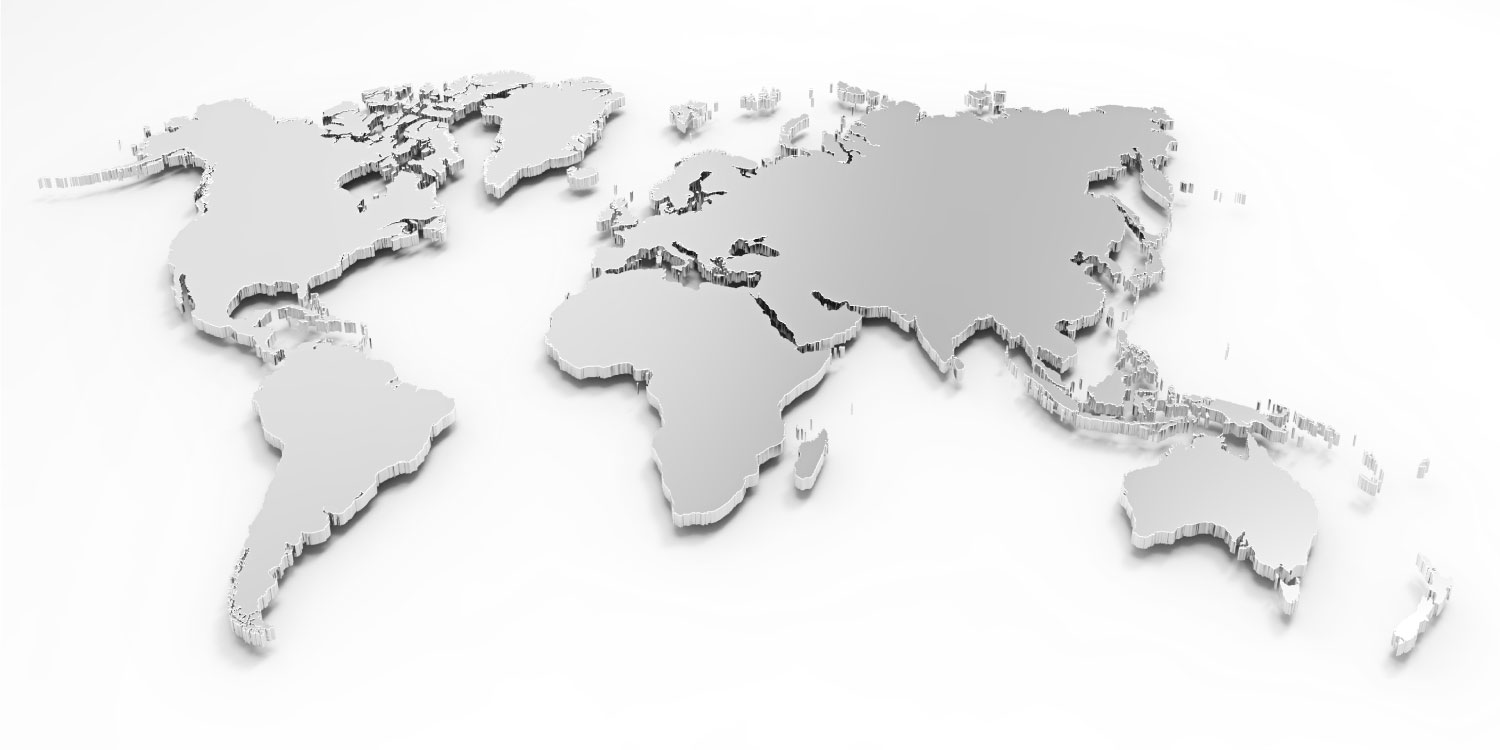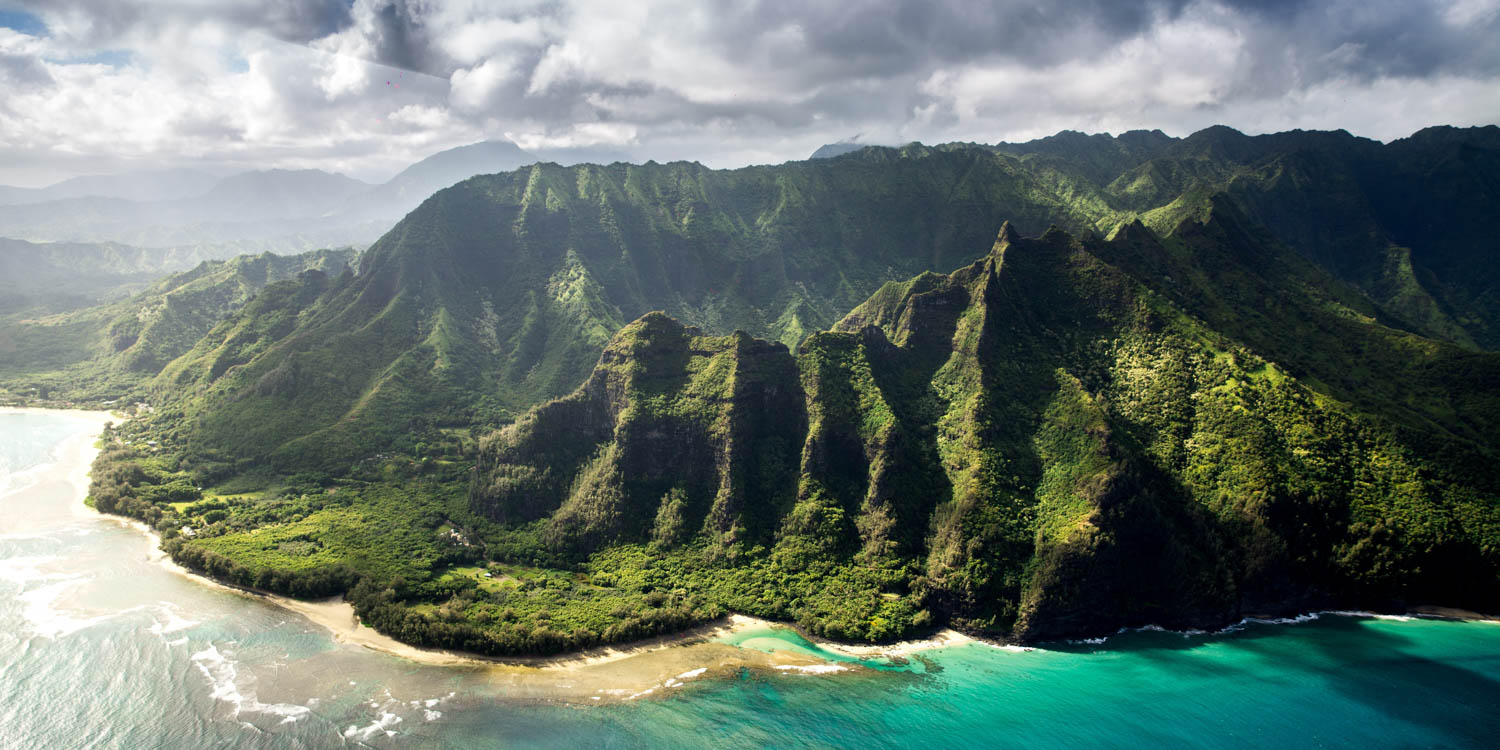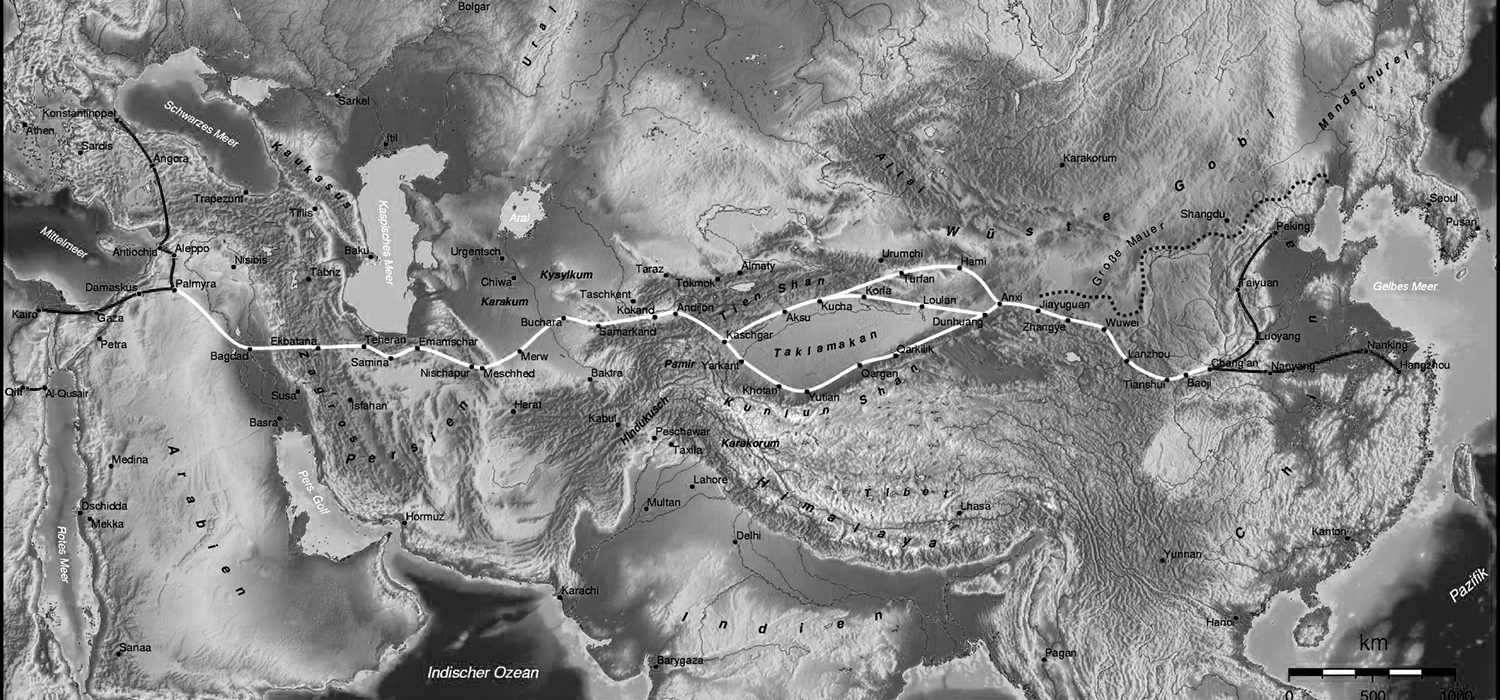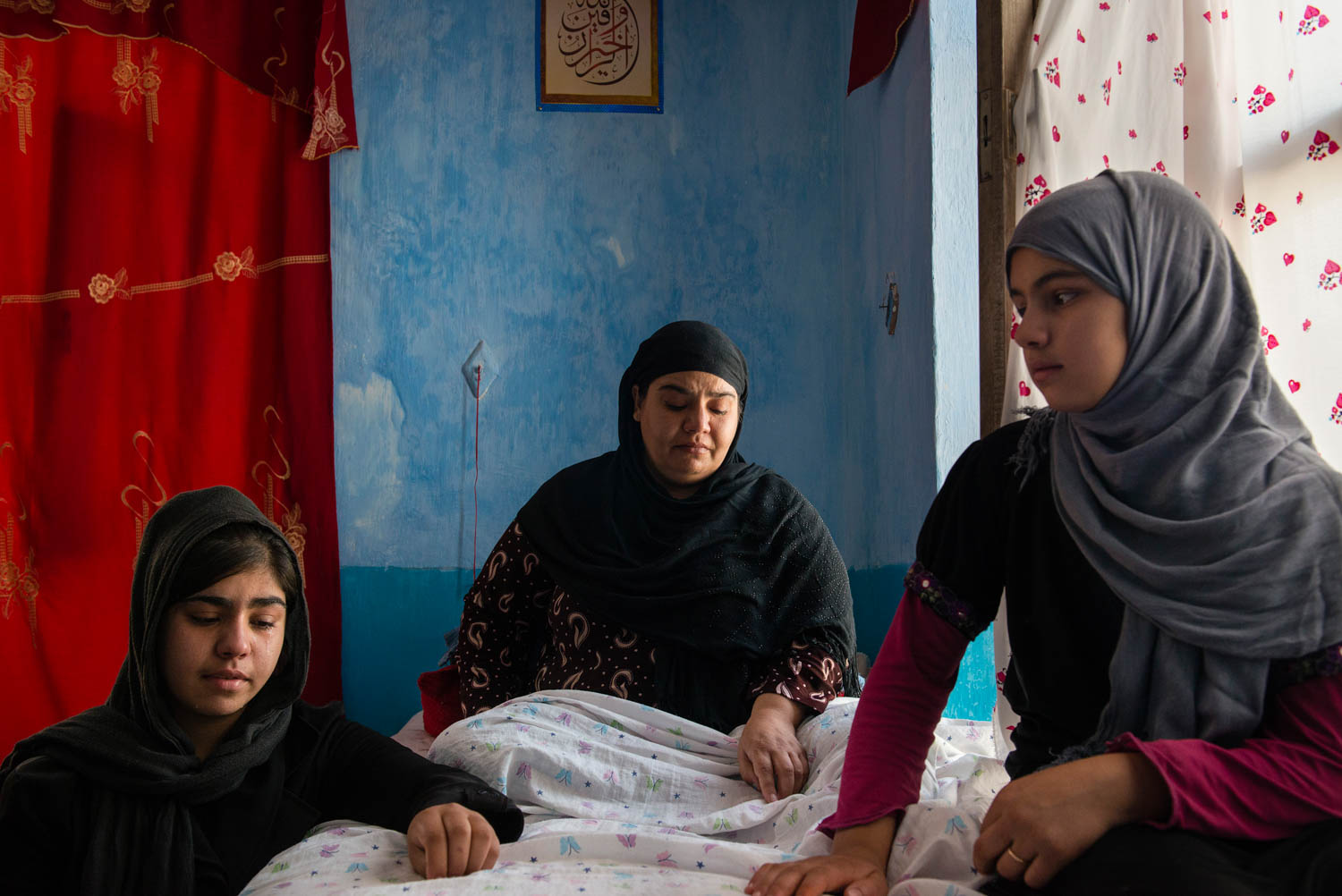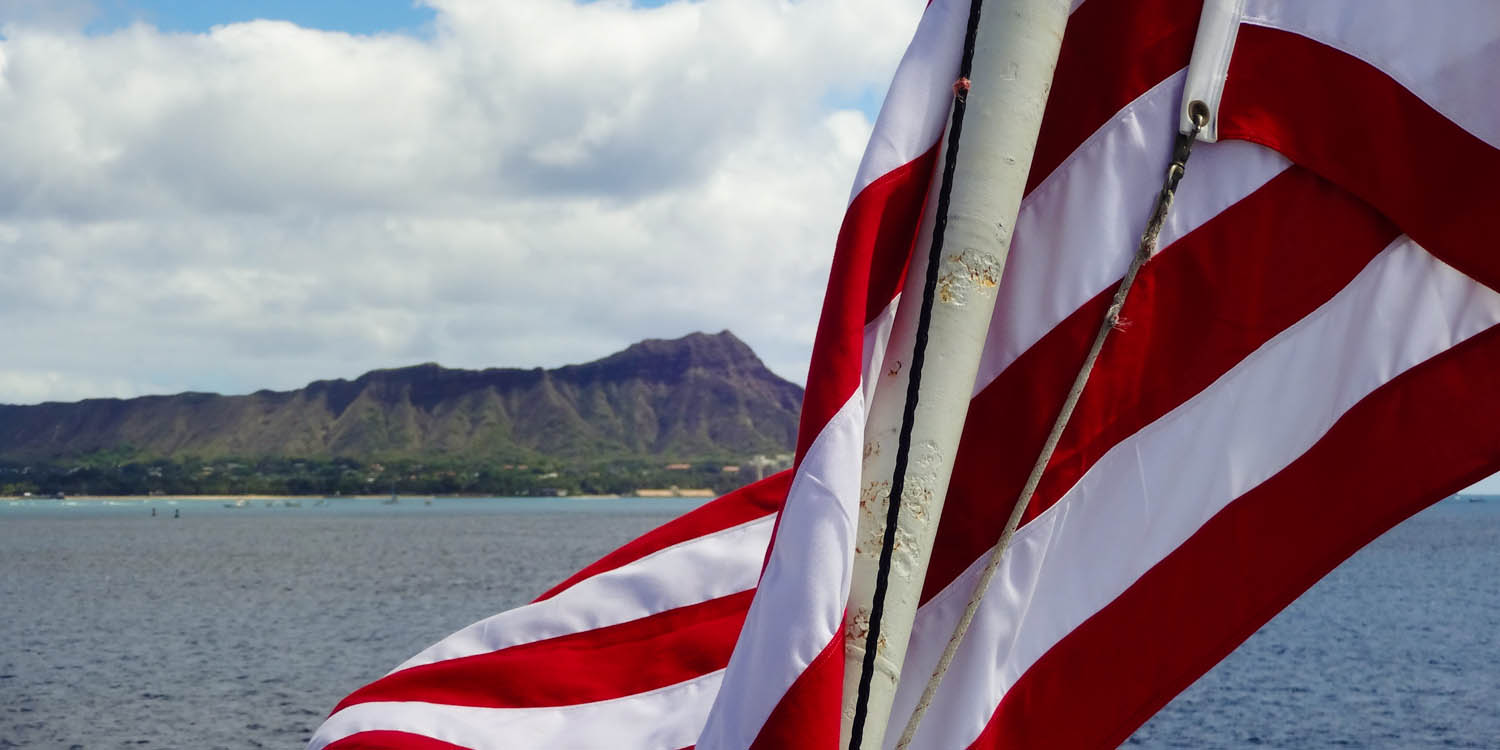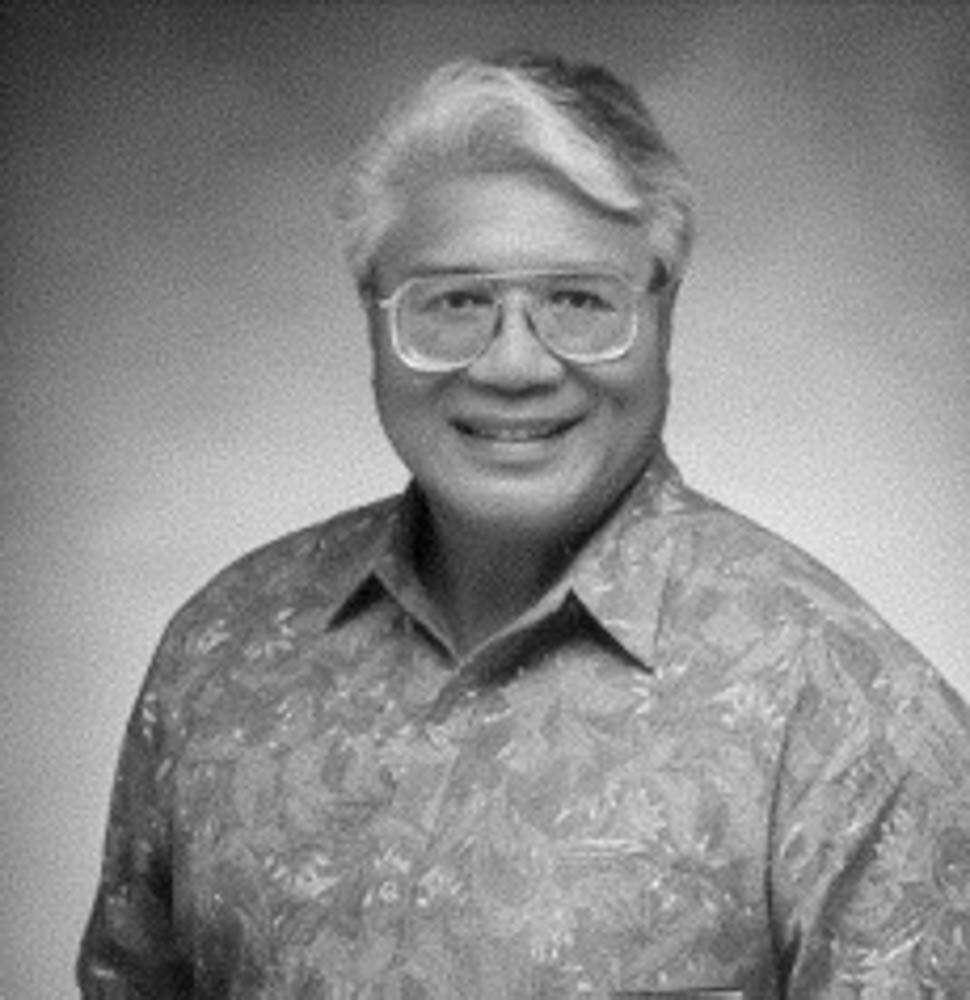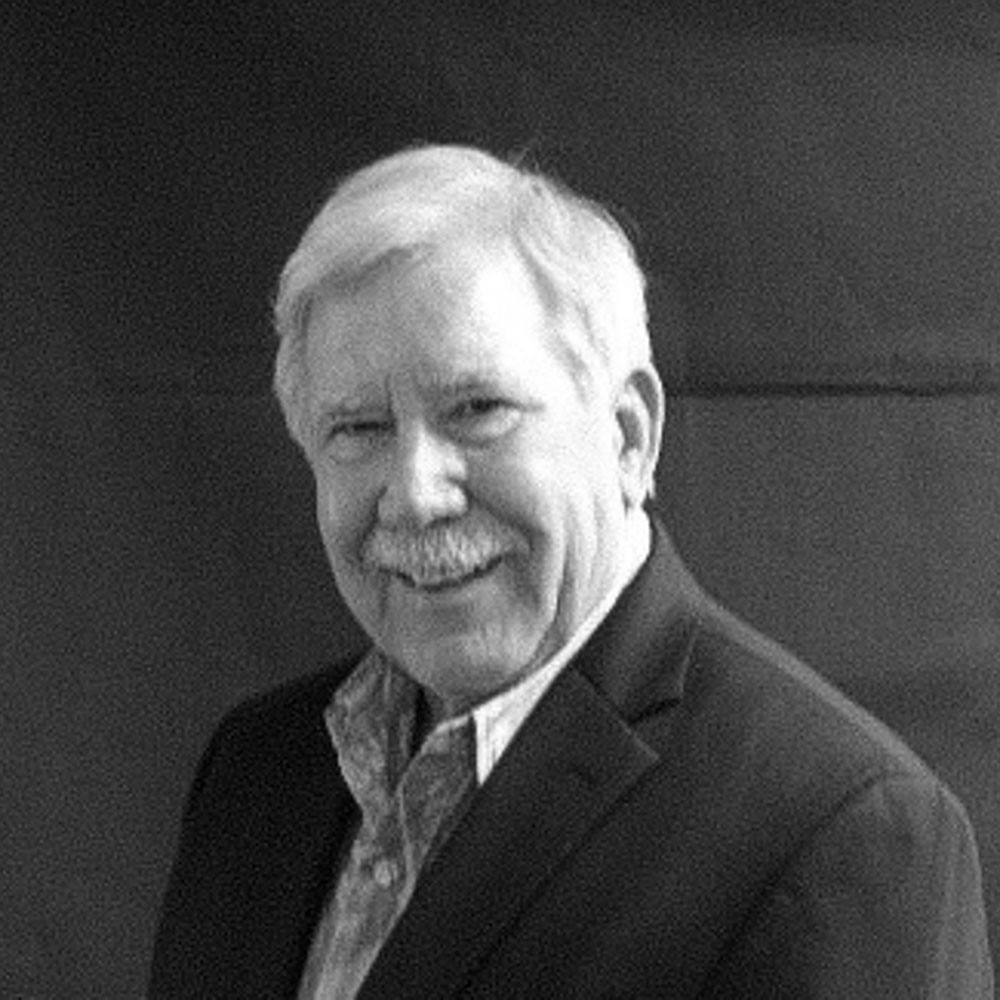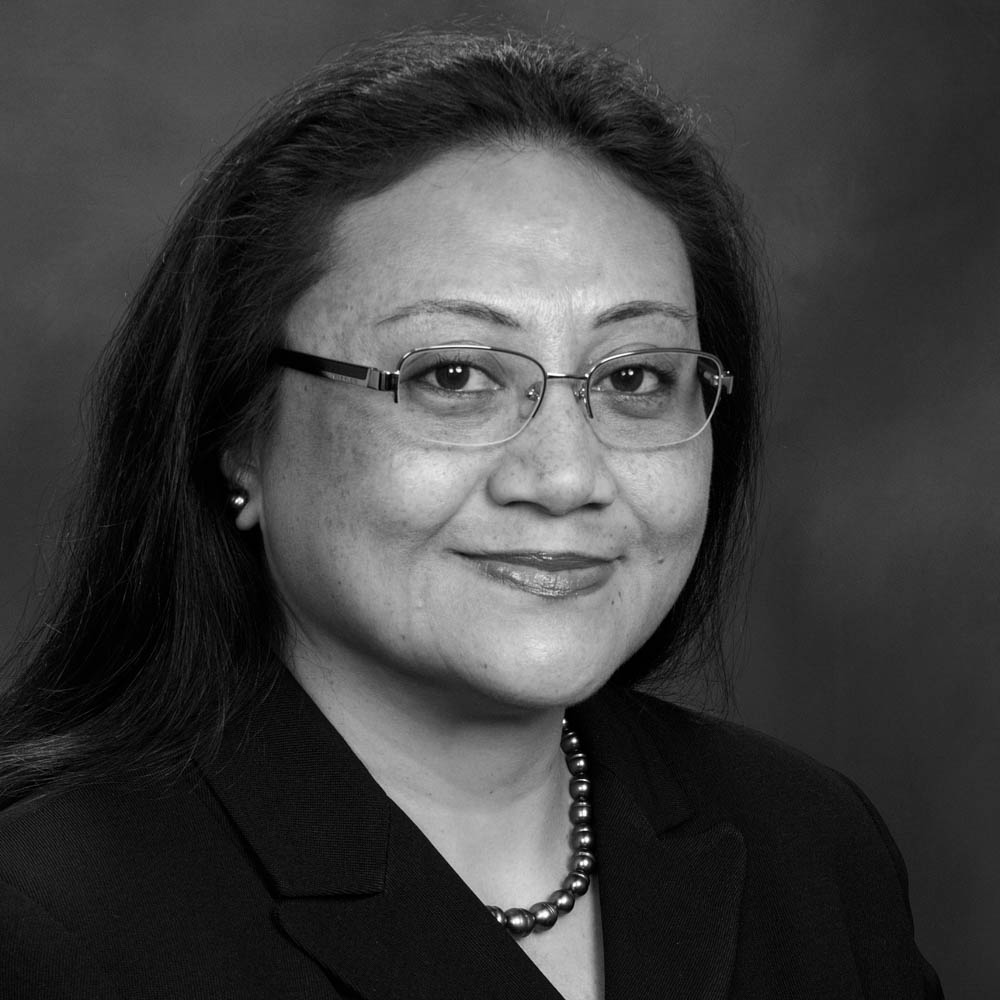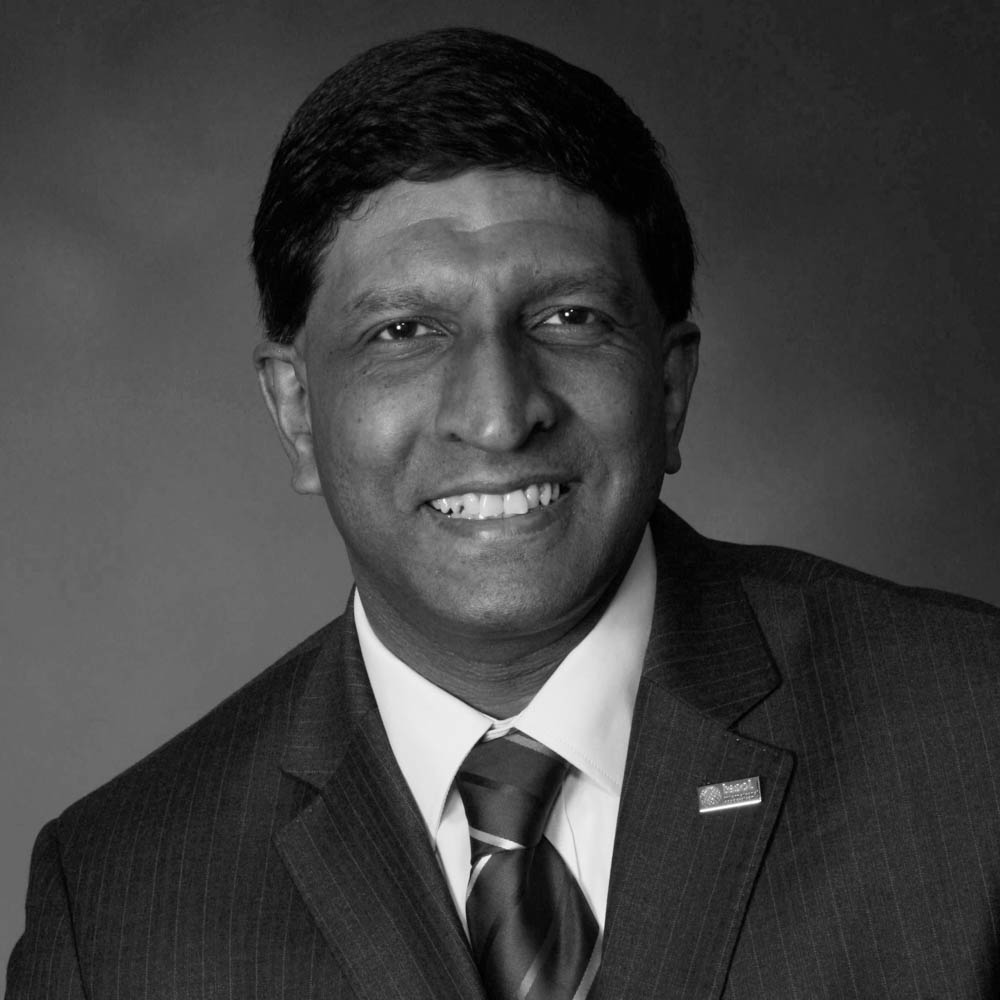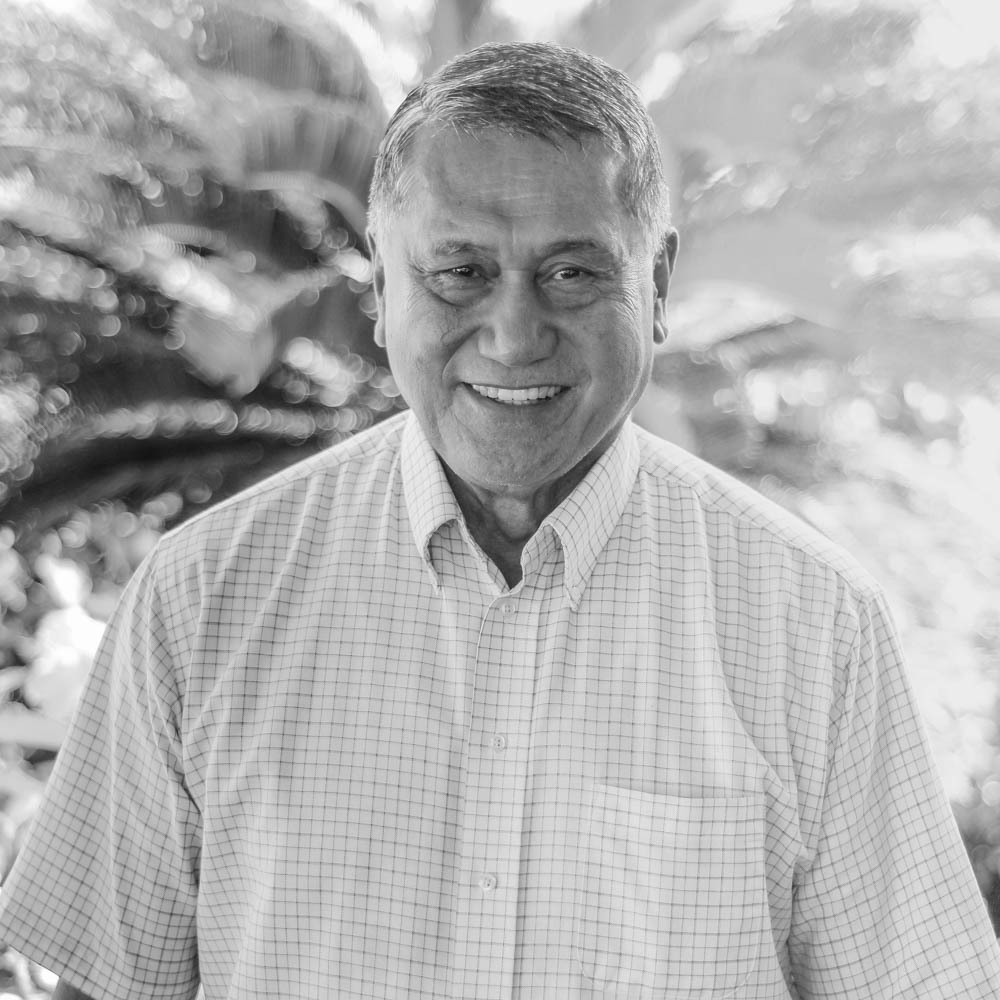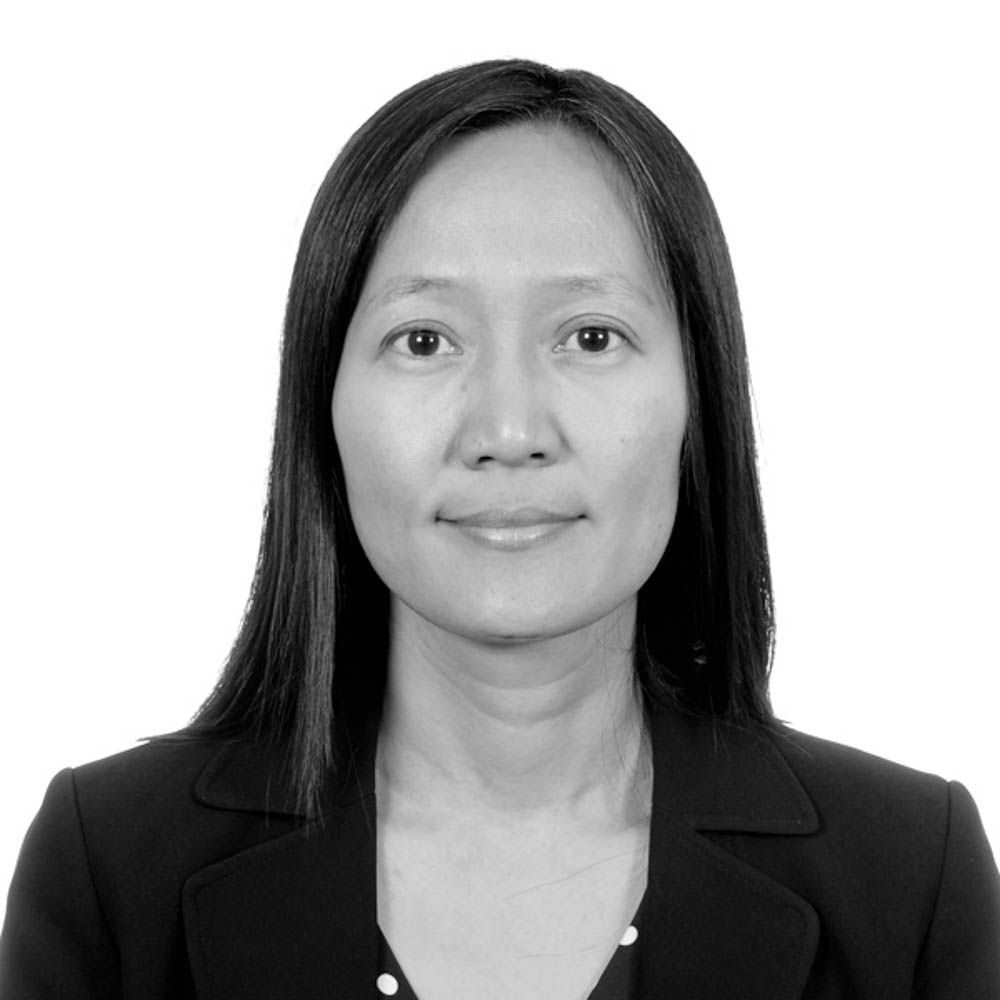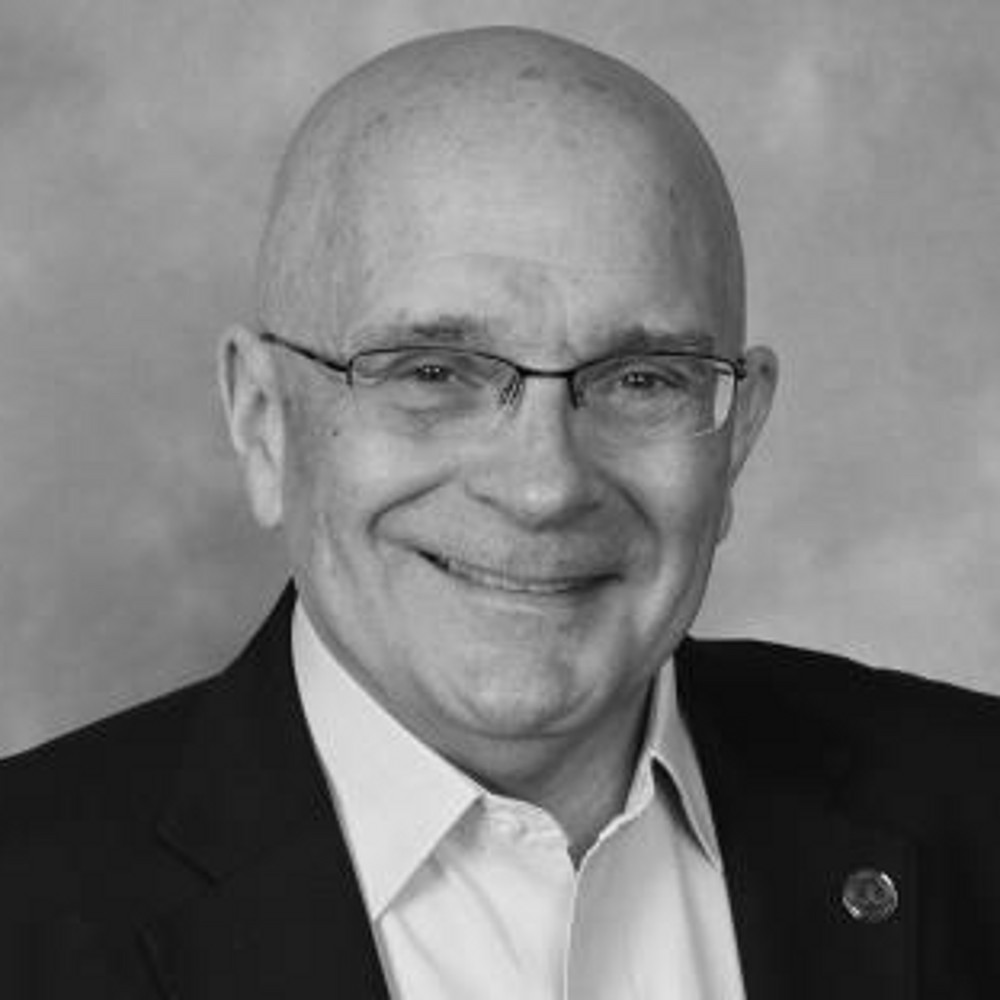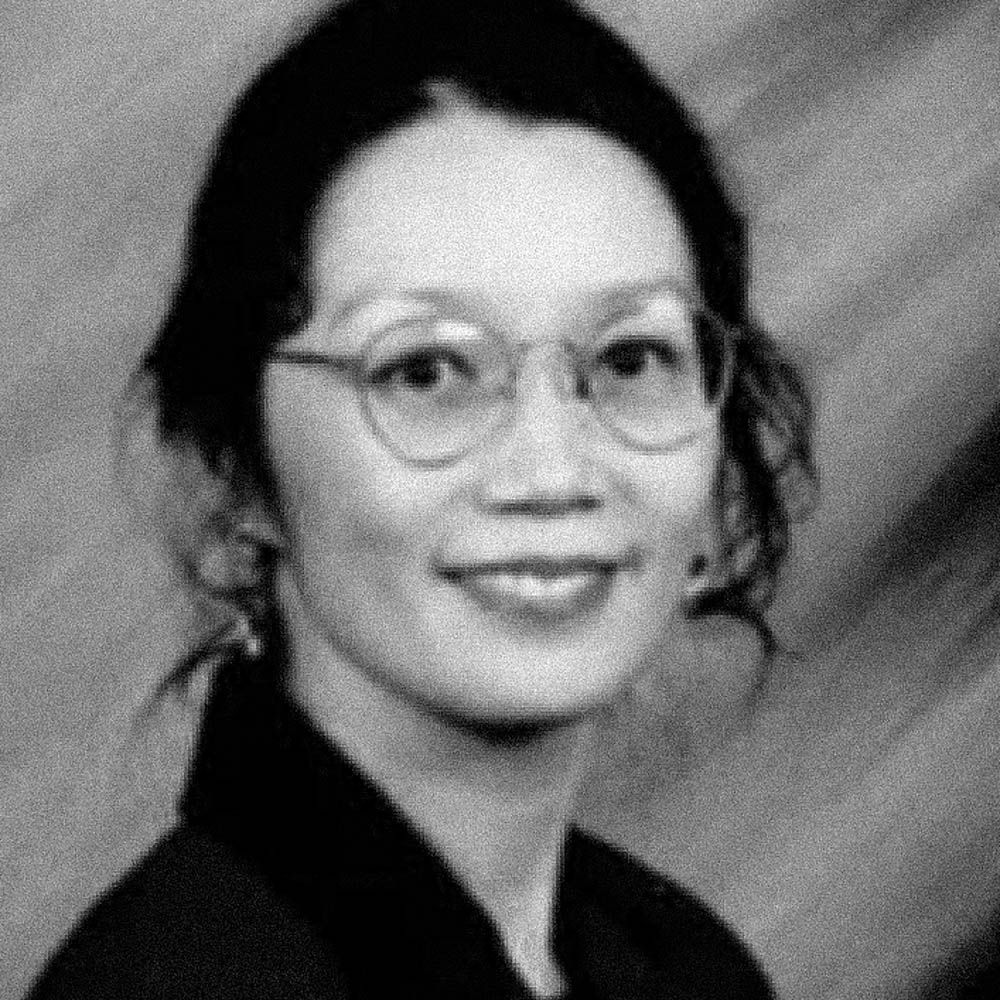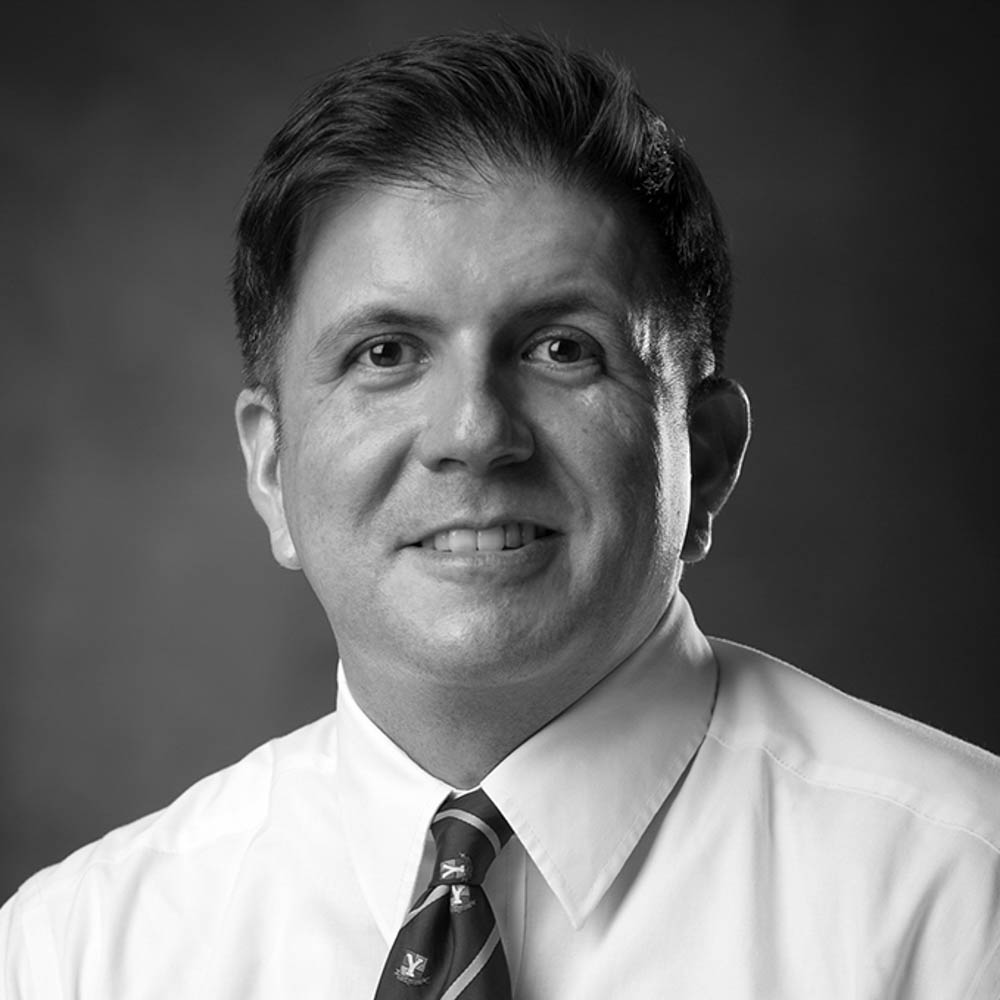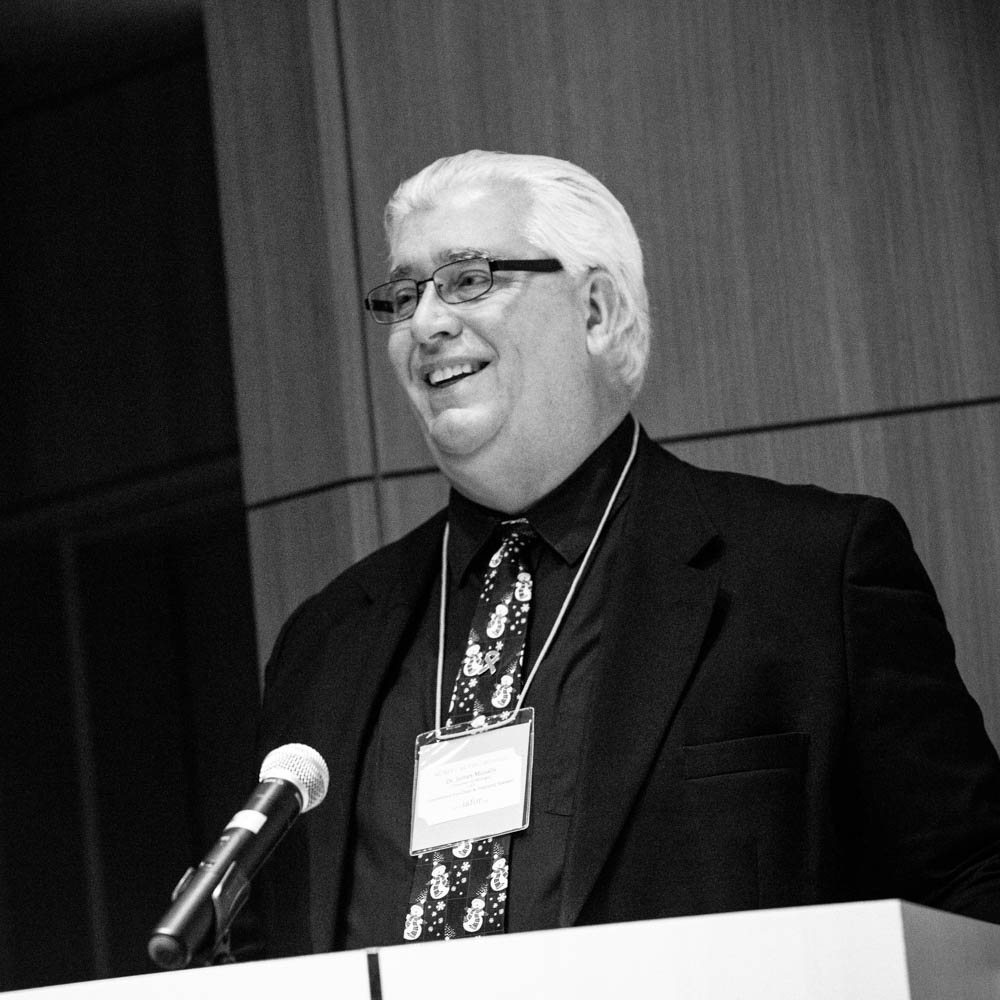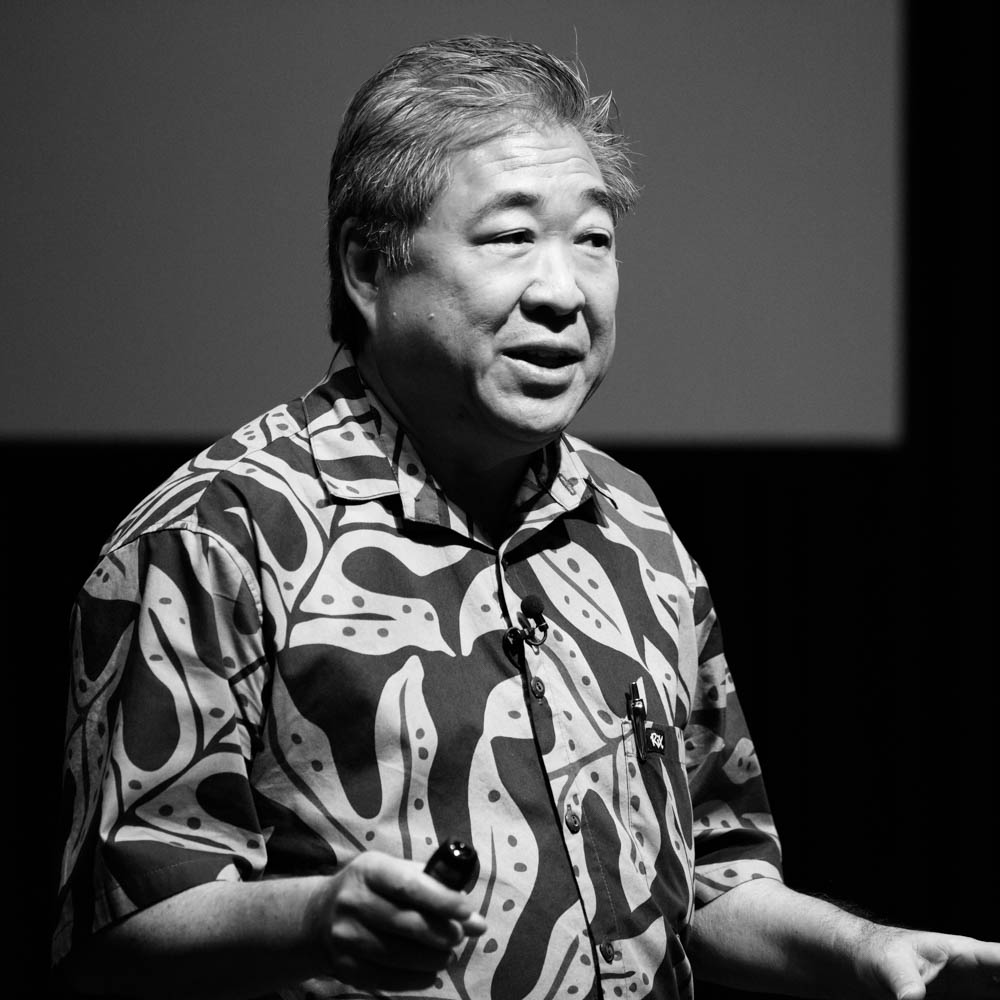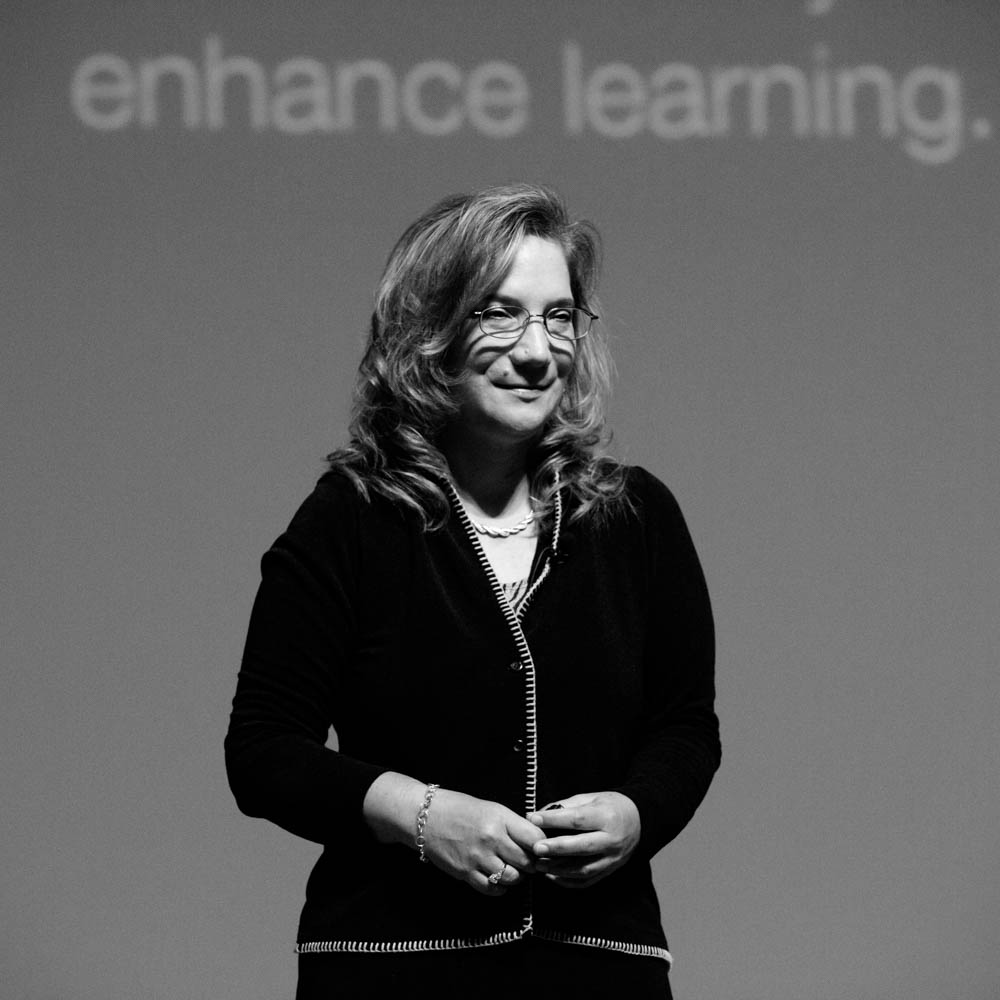
“Surviving and Thriving in Times of Change”
January 4–6, 2018 | The Hawai'i Convention Center, Honolulu, Hawaii, USA
 Religious, cultural and societal fractures have seen rises in authoritarianism and nationalism across the world, and threats and perceived threats have been used to justify the stifling and marginalisation of voices of opposition and dissent. Hard-won progress and freedoms are being questioned and undermined, and questions of peace, security and human security abound. In this period of great global social, economic, political and environmental instability, the future is for many a place of great uncertainty and fear.
Religious, cultural and societal fractures have seen rises in authoritarianism and nationalism across the world, and threats and perceived threats have been used to justify the stifling and marginalisation of voices of opposition and dissent. Hard-won progress and freedoms are being questioned and undermined, and questions of peace, security and human security abound. In this period of great global social, economic, political and environmental instability, the future is for many a place of great uncertainty and fear.
However, in any period of great change, and undoubted challenge, there is also a great opportunity to harness and nurture these forces. The future is not yet written, and the powerful heuristic of sustainability has become a reality in many areas, where human creativity, imagination and technological advances have helped to make the world a better place. From small individual initiatives within families, communities and places of work, to the larger and more long-term development initiatives of governments and supranational institutions, exemplified by the UN’s 2030 goals, human resourcefulness is being used in pursuit of the common goal of a sustainable world.
The Local Context: Hawaii and the Pacific
Hawaii sits in the middle of the Asia Pacific region, between Asia and North America. Its strategic significance was apparent to the indigenous peoples of the Pacific islands before it attracted the attention of Pacific and Asian traders, the European colonial powers, and then the United States, whose Pacific fleet is based at Pearl Harbor, a location famously attacked by Japanese imperial forces in 1941. Hawaii has experienced much upheaval and change throughout its history, and offers an interesting context to studies at the intersection of security and sustainability, as well as of the continued legacy of colonisation, foreign and distant rule, and questions of ethnicity and belonging, to include issues relating to challenging and preserving indigenous knowledge, cultures and languages. The tropical climate and great natural beauty of the Hawaiian islands and the surrounding seas, with their rich flora and fauna, have helped create a huge tourist industry that is very important to the economy, but also threatens the environment, while the distance of the islands from the United States and Asia raise questions of economic and environmental sustainability.
IICSEEHawaii2018 Conference Photographs
Human interaction is at the root of all knowledge creation, and hence the great importance of the conference in introducing, testing and spreading ideas through challenging, rigorous and thought provoking discussion and debate. But beyond that, a conference is also a great chance to meet people from around the world, and to extend and grow ones’s professional network, and above all, to make friends.
It may be impossible to tell the story of the conference, or rather the many hundreds of interlocking stories that go to make up the conference, but the documentary photography in this slideshow aims to give a taster of the more serious academic side of the event, as well as the lighter side…
[envira-album slug="iicseehawaii2018-conference-photographs"]Programme
-
 The East-West Center “Spin” on EducationKeynote Presentation: Richard R. Vuylsteke
The East-West Center “Spin” on EducationKeynote Presentation: Richard R. Vuylsteke -
 Native Hawaiian Health: Opportunities to Develop Healthy Leadership and WorkforceKeynote Presentation: Sheri-Ann Daniels
Native Hawaiian Health: Opportunities to Develop Healthy Leadership and WorkforceKeynote Presentation: Sheri-Ann Daniels -
 Anticipating Educational Needs That Ensure a Diverse, Equitable, and Inclusive Workforce for a Changing U.S. PopulationKeynote Presentation: Sela V. Panapasa
Anticipating Educational Needs That Ensure a Diverse, Equitable, and Inclusive Workforce for a Changing U.S. PopulationKeynote Presentation: Sela V. Panapasa -
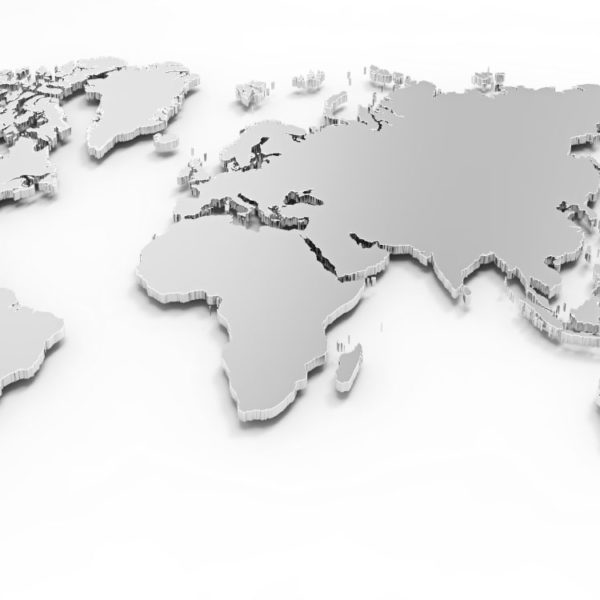 Education in a Changing World: New Partnership and Changing Paradigm for Education DevelopmentKeynote Presentation: Xiaoyan Liang
Education in a Changing World: New Partnership and Changing Paradigm for Education DevelopmentKeynote Presentation: Xiaoyan Liang -
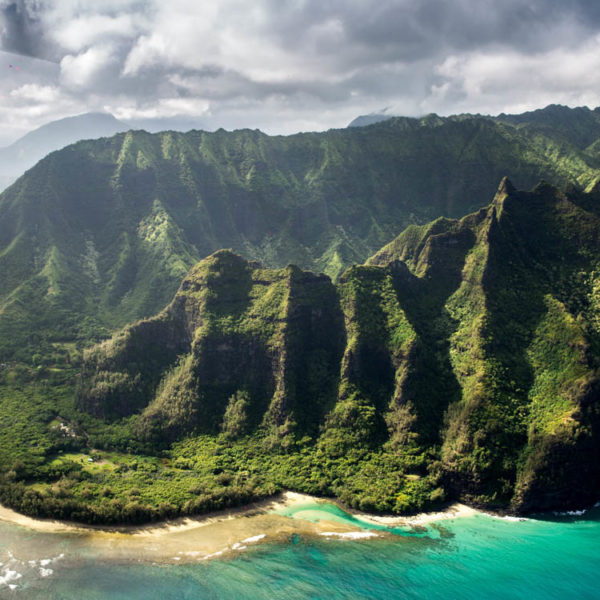 Surviving and Thriving: Education in Times of ChangeKeynote Presentation: Failautusi ‘Tusi’ Avegalio
Surviving and Thriving: Education in Times of ChangeKeynote Presentation: Failautusi ‘Tusi’ Avegalio -
 Educational Policy: Does the Democratisation of Education in Educational Systems Fuel Economic and Social Inequality?Featured Panel Presentation: David P. Ericson, Xu Di & Joseph Haldane
Educational Policy: Does the Democratisation of Education in Educational Systems Fuel Economic and Social Inequality?Featured Panel Presentation: David P. Ericson, Xu Di & Joseph Haldane -
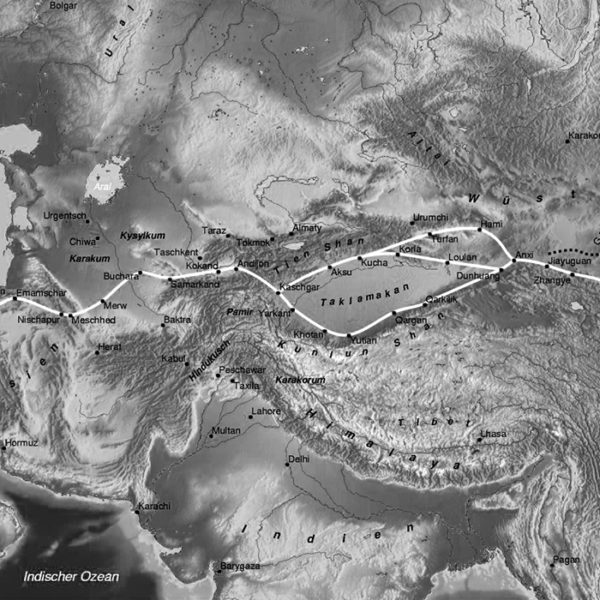 IAFOR Silk Road Initiative Information Session
IAFOR Silk Road Initiative Information Session -
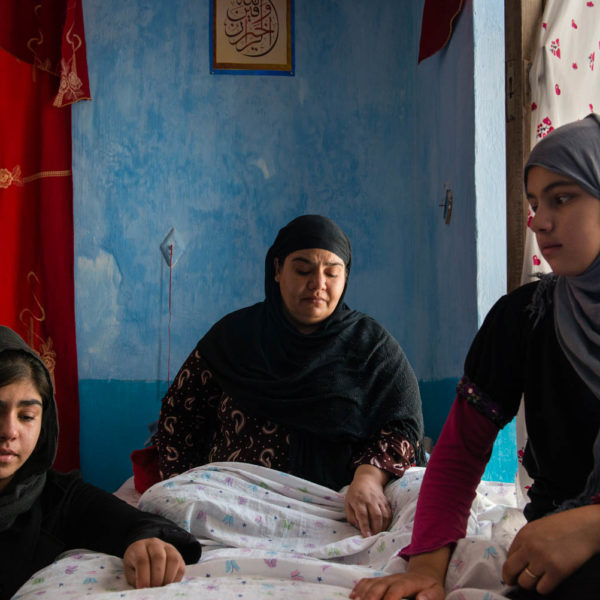 IAFOR Documentary Photography Award 2017 | Award Winners Screening
IAFOR Documentary Photography Award 2017 | Award Winners Screening -
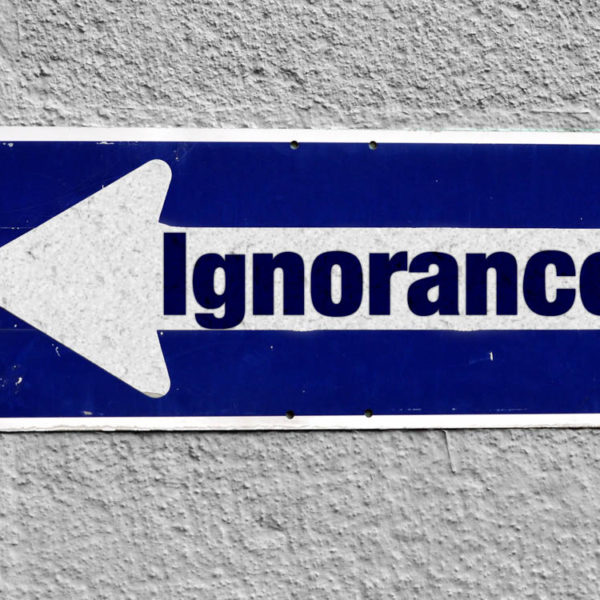 ‘Ignorance is Bliss’: The New Anti-Education MovementKeynote Presentation: Andy Curtis
‘Ignorance is Bliss’: The New Anti-Education MovementKeynote Presentation: Andy Curtis -
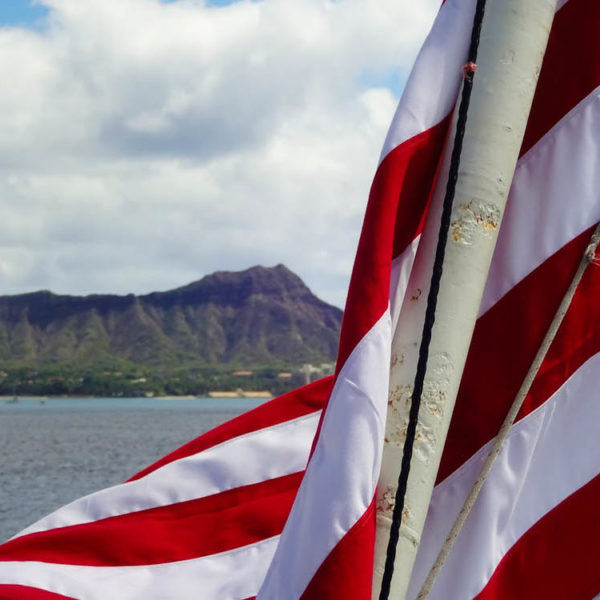 Pacific Indigenous Perspectives vs Global Ways of LearningFeatured Presentation: Hiagi M. Wesley
Pacific Indigenous Perspectives vs Global Ways of LearningFeatured Presentation: Hiagi M. Wesley
Speakers
The IAFOR International Conference on Sustainability, Energy & the Environment – Hawaii (IICSEEHawaii) is a multidisciplinary conference held concurrently with The IAFOR International Conference on Education – Hawaii (IICEHawaii). Keynote, Featured and Spotlight Speakers will provide a variety of perspectives from different academic and professional backgrounds.
-
 Sheri-Ann DanielsPapa Ola Lōkahi
Sheri-Ann DanielsPapa Ola Lōkahi -
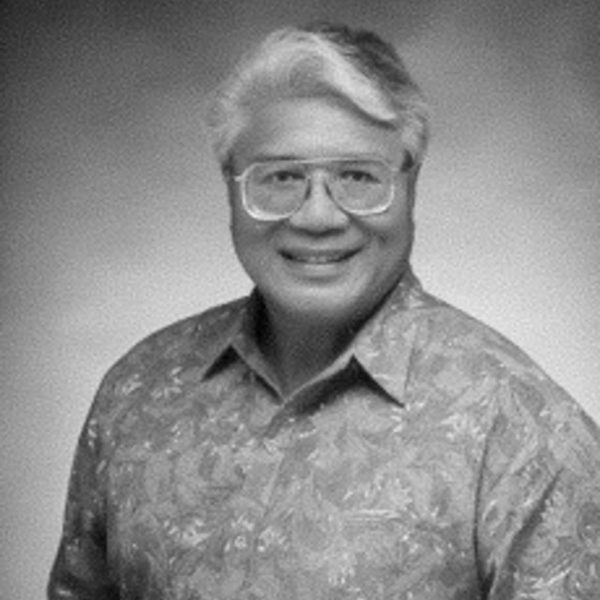 Failautusi ‘Tusi’ AvegalioUniversity of Hawaiʻi at Manoa, USA
Failautusi ‘Tusi’ AvegalioUniversity of Hawaiʻi at Manoa, USA -
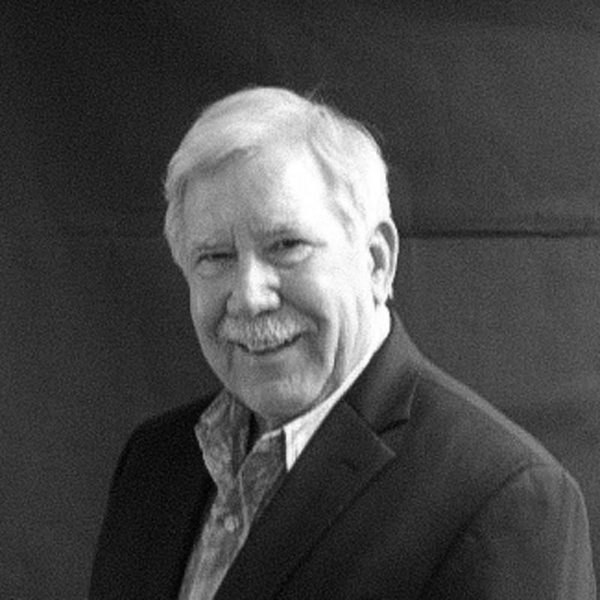 David P. EricsonUniversity of Hawaii at Manoa, USA
David P. EricsonUniversity of Hawaii at Manoa, USA -
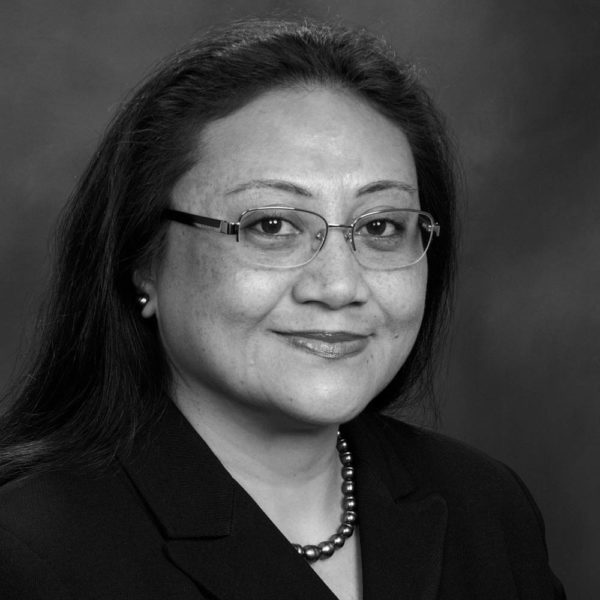 Sela V. PanapasaUniversity of Michigan, USA
Sela V. PanapasaUniversity of Michigan, USA -
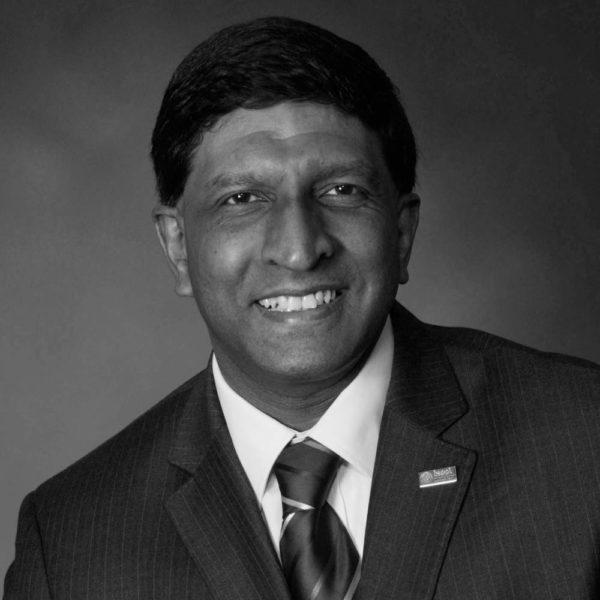 Andy CurtisAnaheim University, USA
Andy CurtisAnaheim University, USA -
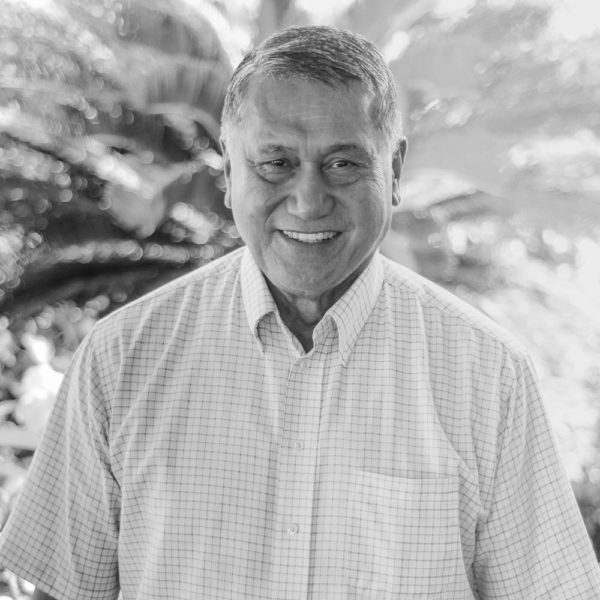 Hiagi M. WesleyBrigham Young University – Hawaii, USA
Hiagi M. WesleyBrigham Young University – Hawaii, USA -
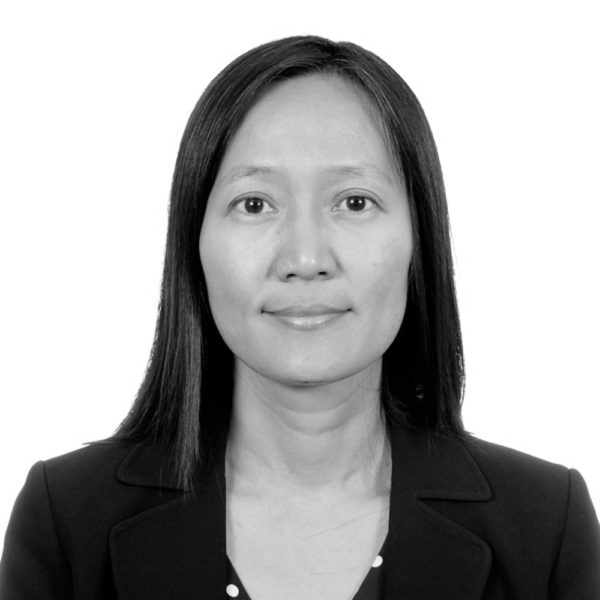 Xiaoyan LiangWorld Bank
Xiaoyan LiangWorld Bank -
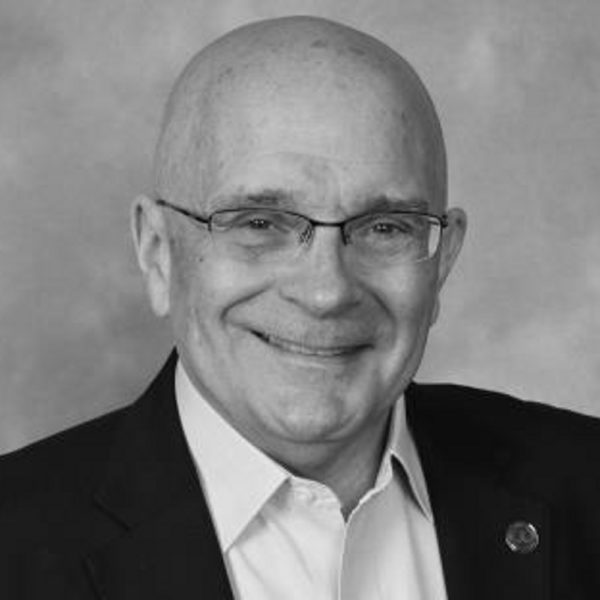 Richard R. VuylstekeEast-West Center, USA
Richard R. VuylstekeEast-West Center, USA -
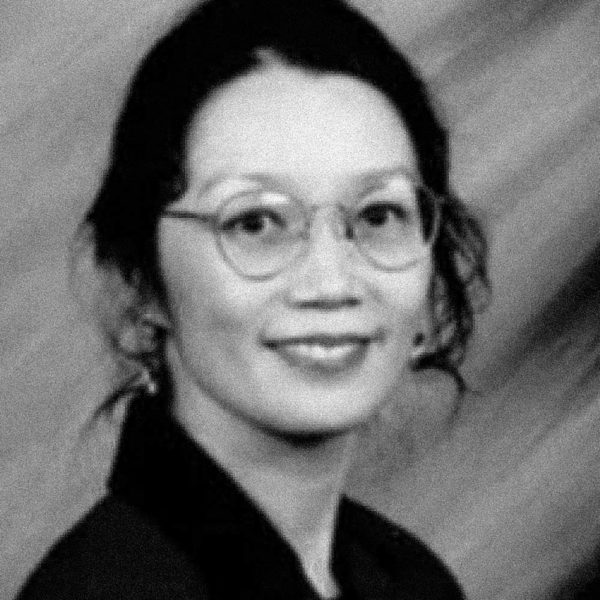 Xu DiUniversity of Hawai’i at Manoa, USA
Xu DiUniversity of Hawai’i at Manoa, USA
Organising Committee
The Conference Programme Committee is composed of distinguished academics who are experts in their fields. Conference Programme Committee members may also be members of IAFOR's International Academic Board. The Organising Committee is responsible for nominating and vetting Keynote and Featured Speakers; developing the conference programme, including special workshops, panels, targeted sessions, and so forth; event outreach and promotion; recommending and attracting future Conference Programme Committee members; working with IAFOR to select PhD students and early career academics for IAFOR-funded grants and scholarships; and overseeing the reviewing of abstracts submitted to the conference.
-
 Joseph HaldaneThe International Academic Forum (IAFOR), Japan
Joseph HaldaneThe International Academic Forum (IAFOR), Japan -
 Sela V. PanapasaUniversity of Michigan, USA
Sela V. PanapasaUniversity of Michigan, USA -
 Xu DiUniversity of Hawai’i at Manoa, USA
Xu DiUniversity of Hawai’i at Manoa, USA -
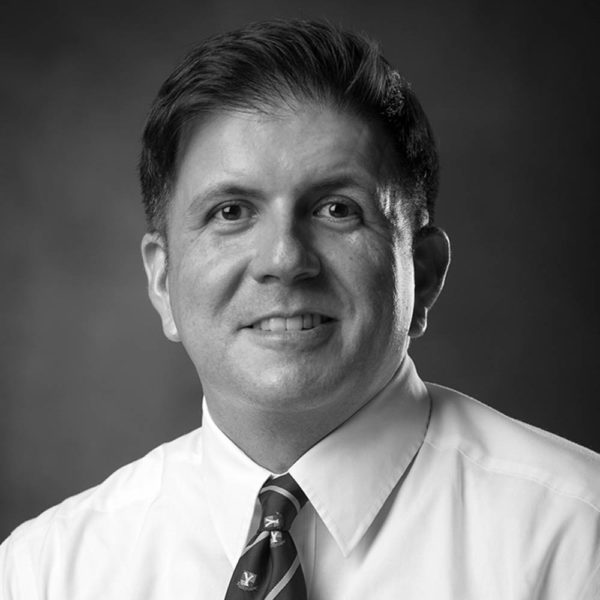 Ronald Mellado MillerBrigham Young University–Hawaii, USA
Ronald Mellado MillerBrigham Young University–Hawaii, USA -
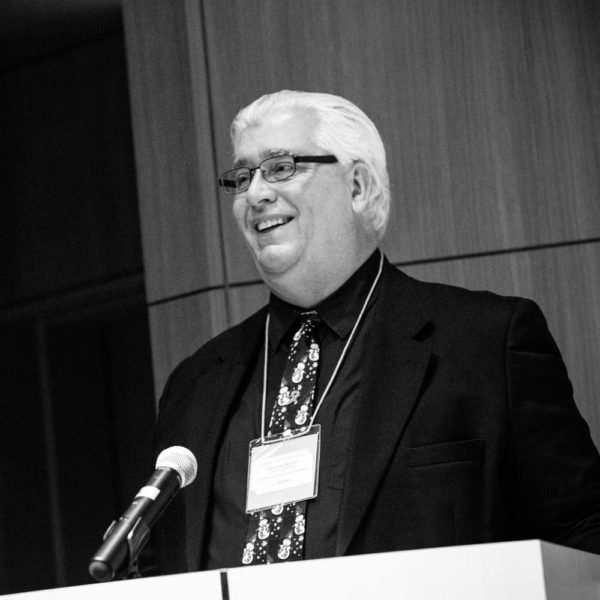 James W. McNallyUniversity of Michigan, USA & NACDA Program on Aging
James W. McNallyUniversity of Michigan, USA & NACDA Program on Aging -
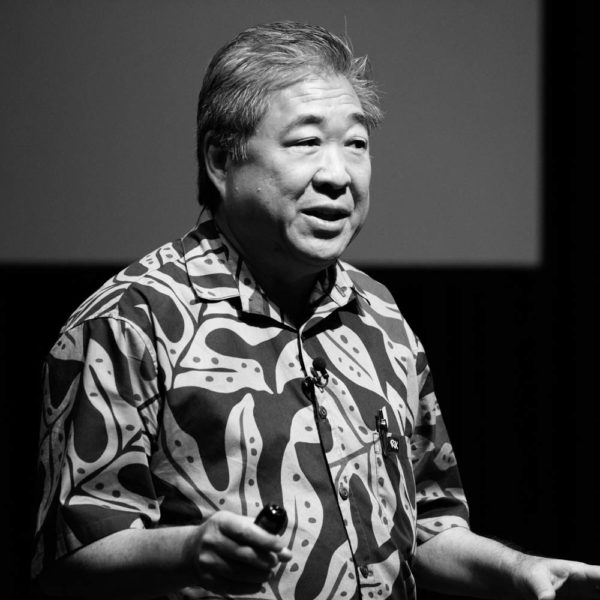 Curtis HoUniversity of Hawai’i at Manoa, USA
Curtis HoUniversity of Hawai’i at Manoa, USA -
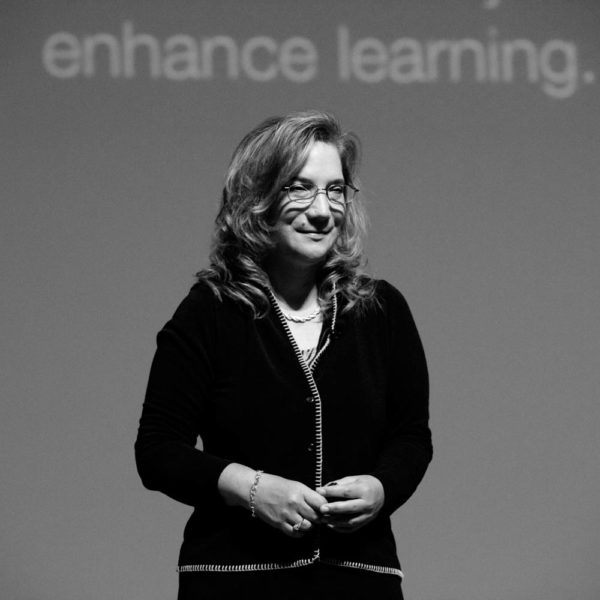 Barbara LockeeVirginia Tech, USA
Barbara LockeeVirginia Tech, USA
Review Committee
- Dr Adi Lazos, Pontificial Catholic University, Brazil
- Dr Alvaro Espinel, Universidad Distrital Francisco José de Caldas, Colombia
- Dr Bushra Zalloom, Zarqa University, Jordan
- Dr Ibrahim M. Magami, Usmanu Danfodiyo University, Nigeria
- Dr Li-Pin Lin, MingChuan University, Taiwan
- Dr Patricia Blazey, Macquarie University, Australia
- Professor Chung-Neng Huang, National University of Tainan, Taiwan
- Professor Han-Shen Chen, Chung Shan Medical University, Taiwan
- Professor Seoyong Kim, Ajou University, South Korea
- Professor Somaya Abouelfadl, Al-Isra University, Jordan
IAFOR's peer review process, which involves both reciprocal review and the use of Review Committees, is overseen by conference Organising Committee members under the guidance of the Academic Governing Board. Review Committee members are established academics who hold PhDs or other terminal degrees in their fields and who have previous peer review experience.
If you would like to apply to serve on the IICSEEHawaii2019 Review Committee, please visit our application page.
Reviewers
IAFOR depends on the assistance of a large number of international academics and practitioners who contribute in a variety of ways to our shared mission of promoting international exchange, facilitating intercultural awareness, encouraging interdisciplinary discussion and generating and sharing new knowledge. Our academic events would not be what they are without a commitment to ensuring that international norms of peer review are observed for our presentation abstracts. With thousands of abstracts submitted each year for presentation at our conferences, IAFOR relies on academics around the world to ensure a fair and timely peer review process in keeping with established international norms of double-blind peer review. We are grateful for the time, effort and expertise donated by all our contributors.
IAFOR Grant & Scholarship Recipients
Our warmest congratulations go to Shaohua Pei, recipient of the Stuart D. B. Picken Grant & Scholarship, and Suvendu Biswas and Anna Bajema, recipients of IAFOR Scholarships, who have been selected by the conference Organising Committee to receive financial support to present their research at The IAFOR International Conference on Education – Hawaii 2018 and The IAFOR International Conference on Sustainability, Energy & the Environment – Hawaii 2018.
IAFOR's grants and scholarships programme provides financial support to PhD students and early career academics, with the aim of helping them pursue research excellence and achieve their academic goals through interdisciplinary study and interaction. Awards are based on the appropriateness of the educational opportunity in relation to the applicant's field of study, financial need, and contributions to their community and to IAFOR's mission of interdisciplinarity. Scholarships are awarded based on availability of funds from IAFOR and vary with each conference.
The Organising Committee of the relevant IAFOR conference awards scholarships to eligible applicants who have submitted exceptional abstracts that have passed the blind peer review process and have been accepted for presentation at the conference.
Shaohua Pei, Iowa State University, USA
Stuart D. B. Picken Scholarship Recipient
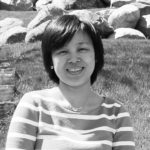 Shaohua (Linda) Pei is currently a PhD candidate majoring in Educational leadership at Iowa State University, USA. Her research interests include struggles and success of international students, internationalisation of higher education, microaggression experience of Asian students, second language acquisition, and intercultural communication.
Shaohua (Linda) Pei is currently a PhD candidate majoring in Educational leadership at Iowa State University, USA. Her research interests include struggles and success of international students, internationalisation of higher education, microaggression experience of Asian students, second language acquisition, and intercultural communication.
Suvendu Biswas, BRAC University Institute of Educational Development (BRACU-IED), BRAC University, Bangladesh
IAFOR Scholarship Recipient
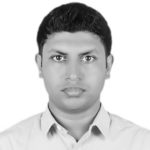 Suvendu Biswas is currently a post-graduate student of Education at BRAC University, Bangladesh, and a Teach For Bangladesh fellow, working for quality education and educational equity in Bangladesh. He was previously an Indian Government’s International Council for Cultural Relations Scholar and did his initial post-graduation in Public Administration and Public Policy from the University of Mysore, India. Although Mr Biswas is an International Relations graduate, he has diverse research interests. He is passionate about working on International Affairs, International Security, Global Political Economy, Public Policy and recent trend in Education and Education Policy. Suvendu’s future interest is to work as a researcher at a globally renowned university or research institute and devote rest of his career in the field of research.
Suvendu Biswas is currently a post-graduate student of Education at BRAC University, Bangladesh, and a Teach For Bangladesh fellow, working for quality education and educational equity in Bangladesh. He was previously an Indian Government’s International Council for Cultural Relations Scholar and did his initial post-graduation in Public Administration and Public Policy from the University of Mysore, India. Although Mr Biswas is an International Relations graduate, he has diverse research interests. He is passionate about working on International Affairs, International Security, Global Political Economy, Public Policy and recent trend in Education and Education Policy. Suvendu’s future interest is to work as a researcher at a globally renowned university or research institute and devote rest of his career in the field of research.
Anna Bajema, James Cook University, Australia
IAFOR Scholarship Recipient
 Anna completed her undergraduate and honours degrees in psychology at James Cook University in Australia in 2014. She is currently a Phd student and her research project is investigating Australian perceptions towards Environmentally Displaced People in the context of the Integrated Threat Theory. Her project will also investigate how these perceptions are influenced by the use of virtual reality perspective taking.
Anna completed her undergraduate and honours degrees in psychology at James Cook University in Australia in 2014. She is currently a Phd student and her research project is investigating Australian perceptions towards Environmentally Displaced People in the context of the Integrated Threat Theory. Her project will also investigate how these perceptions are influenced by the use of virtual reality perspective taking.




